Plastic ban to leave 88,000 units bankrupt
As the government is set to implement the ban on single-use plastic products from 1 July, the market is abuzz with the negative impact the ban will have on the manufacturers of plastic products.
29 Jun 2022 | By PrintWeek Team
Now, the All India Plastic Manufacturers Association (AIPMA) has said that the decision could leave about 88,000 units bankrupt. “Based on the government data, about 88,000 units are engaged in the manufacturing of single-use plastic in the country. These units employ about one million people and contribute to exports worth Rs 25,000-crore,” Jayesh Khimji Rambhia, co-chairman of the environment committee of AIPMA, said.
The ban, notified by the Ministry of Environment, Forest and Climate Change will include products such as plastic plates, cups, glasses, forks, spoons, knives, straws, trays, swizzle sticks, wrapping or packaging film, invitation cards, cigarette packets, and plastic or PVC banners of less than 100 microns, earbuds with plastic sticks, plastic sticks for balloons, plastic flags, wrappers for candy sticks and ice-cream sticks, and polystyrene (thermocol) for decoration.
The ban is likely to impact industries, such as FMCG, aviation and quick service restaurants.
Considering the impact of the ban on plastic straws, beverage major Parle Agro has urged the government to extend the ban by six months from the current deadline of 1 July 2022. Other companies, such as Amul and Dabur, have also made the same request.
India produces and sells a total of six billion packs of paper-based beverage cartons with integrated plastic straws per annum. Presently the available capacity to provide a replacement of plastic straws with PLA straws or paper straws by a local Indian manufacturer is 1.3 million straws per day as opposed to the actual requirement of approximately six million straws per day.
A release by Parle Agro stated that to replace the plastic straws, companies need six to eight months, to make the necessary changes in technology, and sourcing and ensure smooth transition to environment friendly options of paper or PLA.
There is also a cost concern. While a plastic straw costs 10 paise and accounts for 1% of a Rs 10 beverage carton, a paper straw costs 40-45 paise and would account for 4-4.5% of the cost.
Rambhia reiterated that after the ban, more replacement products will increase the cost of companies by 100-300%.
Given the huge impact on the industry of the expected closure of single-use plastic makers, AIPMA has urged the government to offer some compensation to micro, small and medium enterprises engaged in the trade and also work towards their rehabilitation.
“These MSMEs were running legal businesses; however, they will now be on the verge of bankruptcy due to the change in government policy,” said Rambhia. “The government should offer compensation when companies, especially MSMEs, get impacted due to a policy change.”
(Courtesy: Agencies)


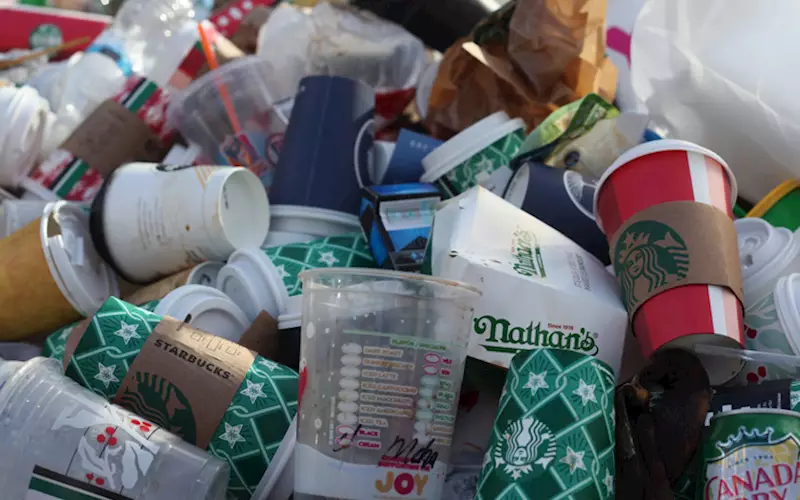
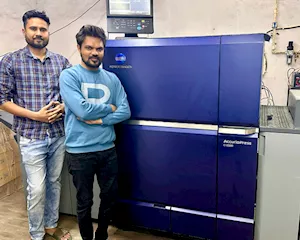
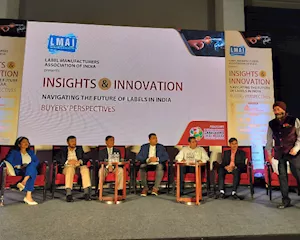
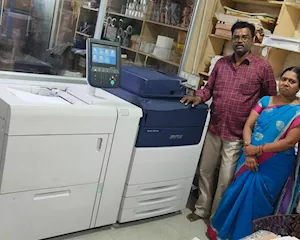
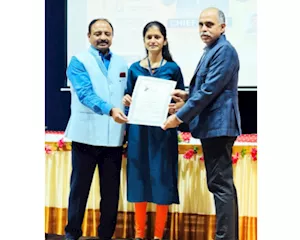







 See All
See All